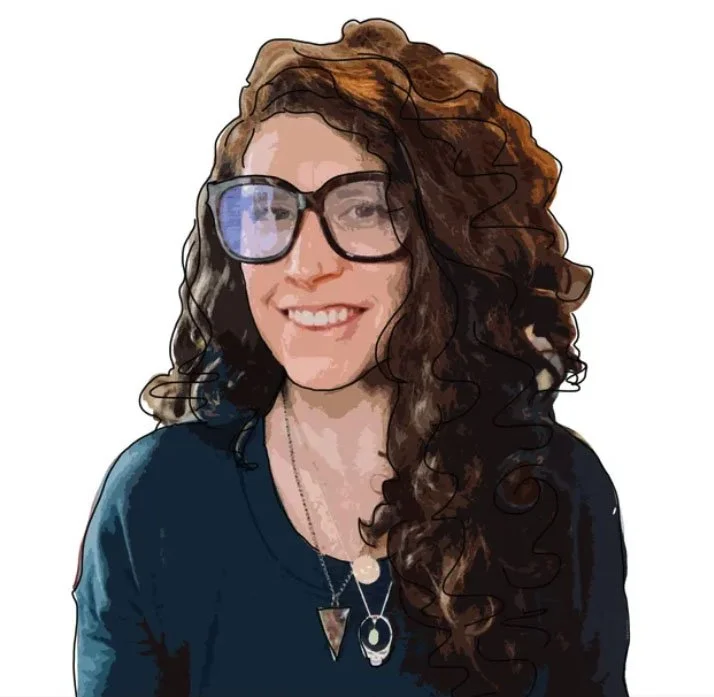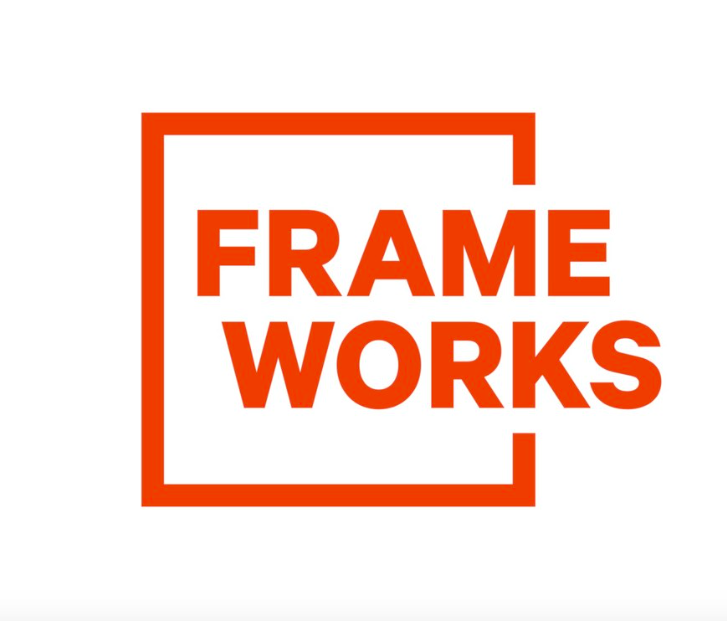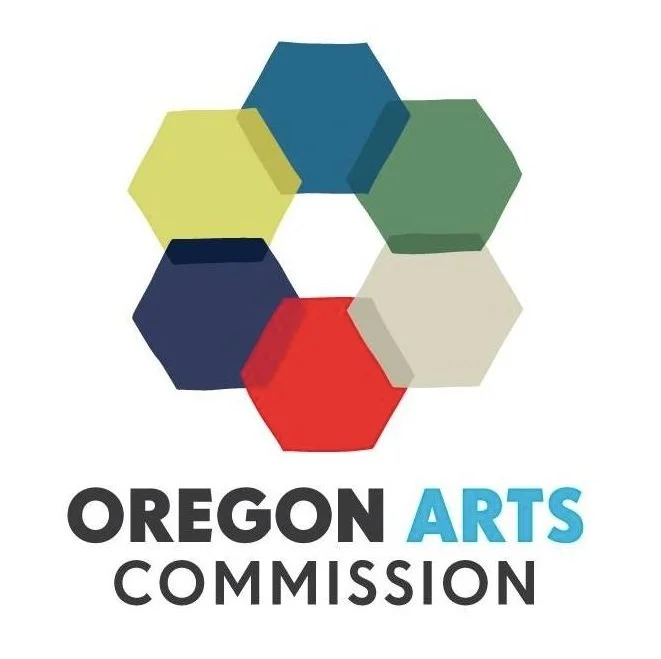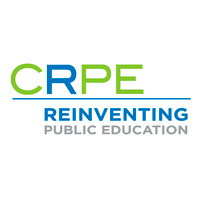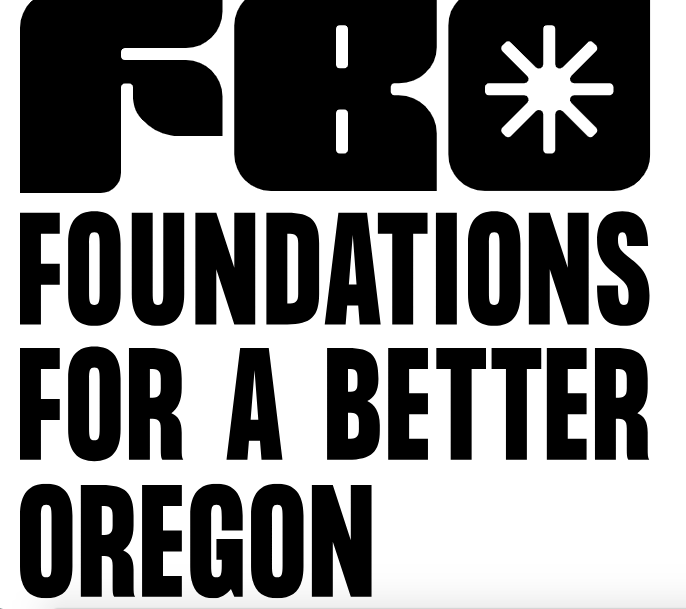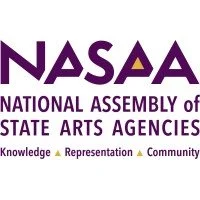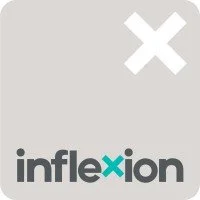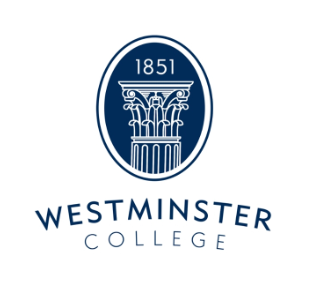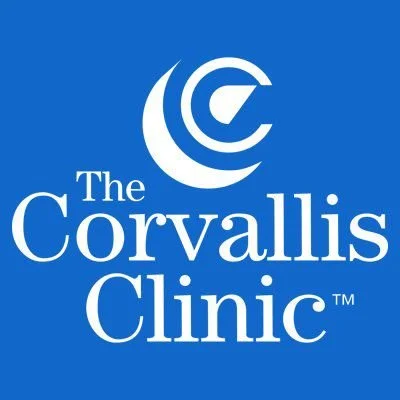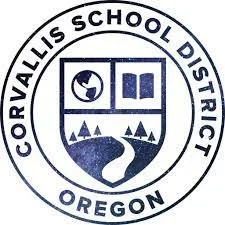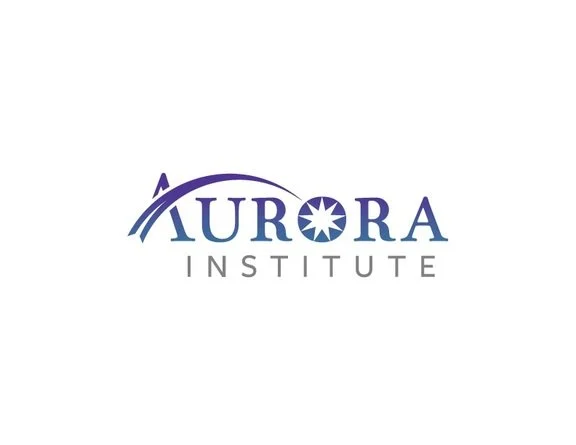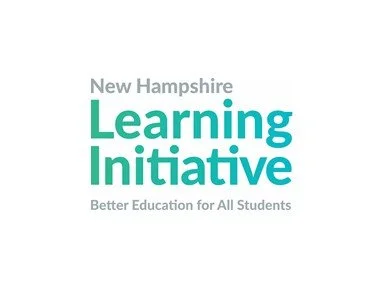
co-creating a future where every child can flourish
Pink Marker Top Strategies provides facilitation, analysis, and design services to youth-focused, equity-seeking partners throughout Oregon and across the country.
Hello! I’m Sarah Lench.
I'm the founder and principal consultant of Pink Marker Top Strategies. I collaborate with government, nonprofit, and community partners to co-create a future where every child can flourish.
Since launching my consulting practice in 2009, I've added strategic capacity to a dynamic range of projects while also holding senior leadership roles with some of the most innovative organizations in the field of education policy and systems change.

“What we practice at the small scale sets the pattern for the whole system.”
~ adrienne maree brown, Emergent Strategy
My commitment to a more just and inclusive future calls on me to practice justice and inclusion through my work: I center the voices, wisdom, and power of those most impacted by systemic problems; I help partners find new paths forward through deep curiosity and collaborative learning; and I prioritize relational trust and mutual accountability as the foundation of meaningful change.
areas of practice
-
Public sector leaders know the value of connecting with stakeholders is far greater than simply disseminating information and gathering input, but too often engagement efforts roll out as info-or-input transactional exchanges.
My approach to engagement and facilitation is both relational and generative; it integrates the principles of adult learning, design thinking, and community organizing. Through authentic stakeholder engagement processes, I help partners build trust, learn across lines of difference, and generate shared ownership for the long-term success of their work.
-
One of my most profound areas of professional growth has come through the application of an anti-racist, justice-focused lens to my traditional training in mixed-methods social research. Inviting partners into this critical work has been some of the most rewarding of my career.
By examining power and privilege throughout every stage of a study, by centering the wisdom of those closest to the research questions at hand, we can generate insights that are more just, durable, and actionable.
-
My favorite book from graduate school is called That's Not What We Meant To Do, a survey of well-intended social reforms that carried significant unintended consequences.
The text doesn't prescribe a fail-safe approach to policy development and analysis, yet its core insights anchor my work from issue definition to implementation: to understand policy contexts and humans within them, to foster systems coherence, to prioritize transparency and inclusivity, and to design for continuous learning.
-
I've been fortunate to learn and collaborate with some of the education sector's most skilled design thinkers from IDEO, Stanford d.school, 228 Accelerator, Open Systems Institute, and others.
By inviting stakeholders into design processes as co-creators, we generate more responsive solutions to complex challenges. By practicing the equity-seeking habits of inclusion, empathy, co-creation, and reciprocity, organizations and the communities they serve build the collective capacity to address future challenges.
-
My friend and colleague Chris Shearer first introduced me to the "paradox of organizations" concept, where the thing that organizations are designed to do best for the world is what they do poorly for themselves.
Too often this paradox is embodied in organizations dedicated to the learning and growth of young people, through the way we (don't) support the learning and growth of our educators and leaders.
No matter the mode of the offering - learning community, professional development program, or topical workshop - I design experiences that "walk the talk" of what we are learning and the future we are building.
-
In his book Communication As Culture, media critic James Carey defines communication as "a symbolic process whereby reality is produced, maintained, repaired, and transformed.“
Carey’s words underscore how communication is at the core of all social impact work. We share stories to make visible the wisdom of lived experience, to build empathy and understanding, and to collectively imagine a different way forward. We share knowledge and resources to build power, to catalyze action, and to illuminate what we are learning together. We spark conversations. We build relationships. We communicate to co-create a better future.
Want to dig a little deeper into how my past partnerships have made positive changes for young people and the organizations that serve them? Explore my portfolio to see real-world examples of these practice areas in action.
Let’s work together!
I collaborate with organizations working at all levels of systems change - from neighborhood to national transformation. Whether you'd like to partner on a project or nerd out about a shared interest, click the button below to send me an email or book a meeting directly on my calendar.

collaborators + clients

